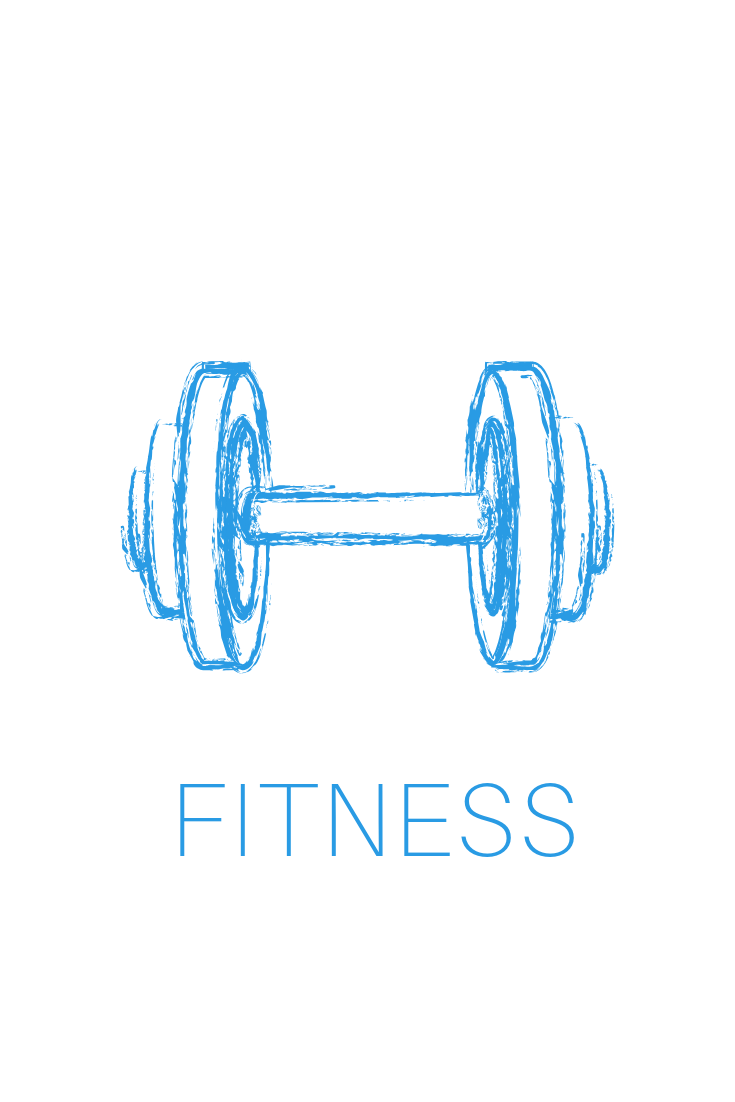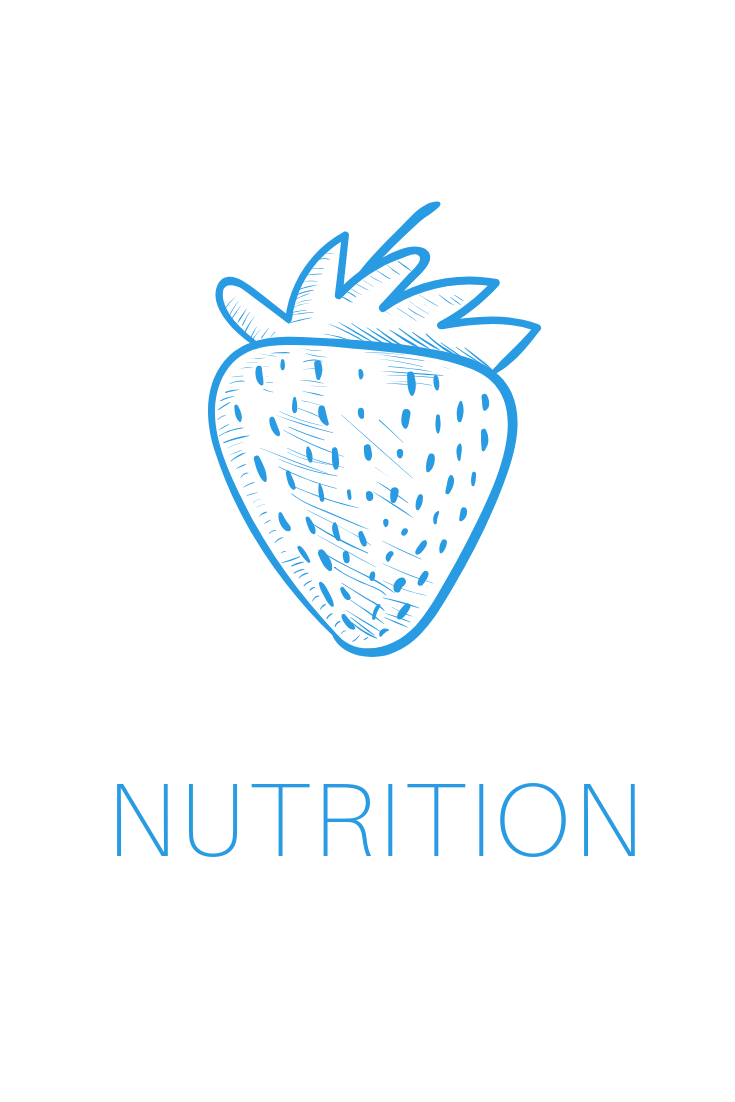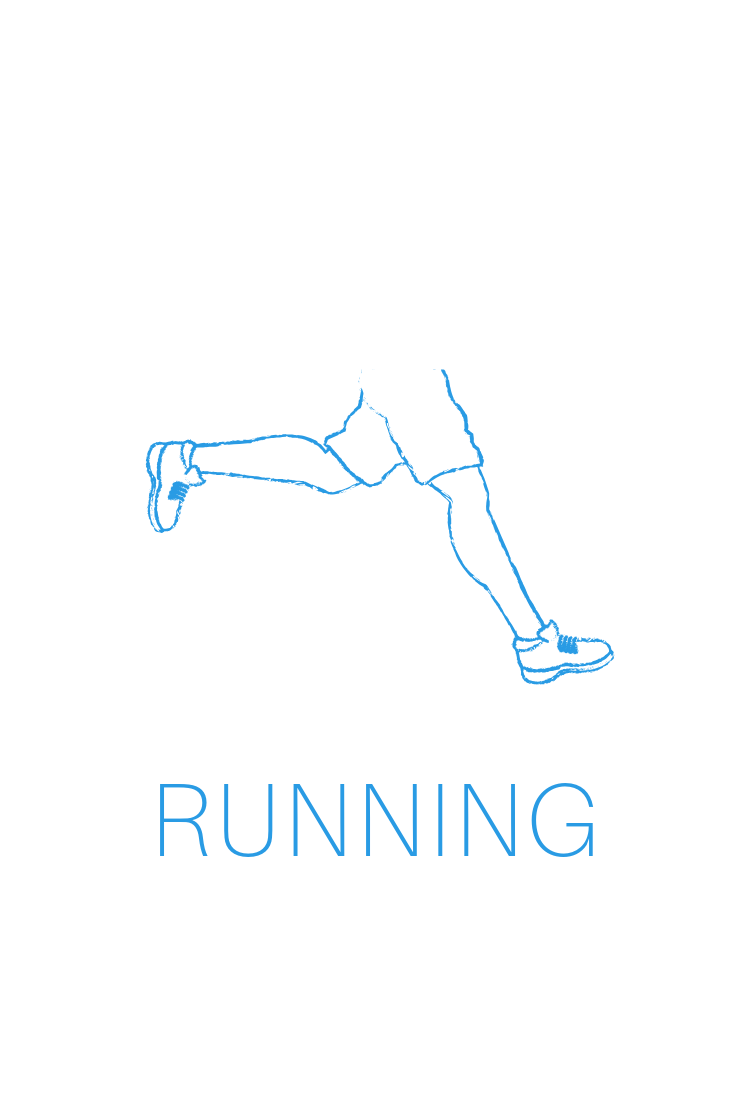To Track Or Not To Track
There are many different ways to track your health and fitness data, some of which are really helpful. And yet there are also valid concerns that tracking devices, when overused, can lead to injuries and increased stress.
Health and fitness devices range from basic options that simply track steps all the way through to highly advanced wearables that track your sleep cycles, blood sugar levels, energy levels and much more. Wearables such as Apple watches and Garmins are now standard for most active people. There are stand-alone health and fitness apps or ones that link to your wearables such as My Fitness Pal, Strava, Noom, Health Engine and Happify.
So, should you track your health and fitness? Should you count your macros, monitor your movements, and evaluate your sleep? Let’s look at the pros and cons of tracking health and fitness data.
Pros:
Holds you accountable
A study conducted by the UK’s Office Of National Statistics (ONS) found that the average British person consumes 50% more calories than they think they do. By the same token, people are also quite bad at estimating how intense a workout is. If you’ve ever spent time in a gym you will have seen people who are in there for a good hour - peddling on a bike, lifting a weight or two, and doing a few sit-ups - without having done a whole lot of exercise. Using a fitness and/or food tracker for a period of time can help you gauge what you are eating and how hard you are exercising.
Reveals your habits
By tracking your food intake and exercise program, you are able to gain insight into any good or bad habits you may have developed. Do you tend to overeat at certain times of day? Do you skip exercise after a bad night’s sleep? Do you choose healthier meal options after you have done exercise? Once you see patterns emerging, you can make changes accordingly.
Helps develop habits
Tracking your food and exercise not only reveals current habits, but can also help you develop new, healthier habits. If you know you will be tracking everything you eat and drink, you will be less likely to make an unhealthy choice. Many wearables such as Apple watches and Garmins allow you to set yourself movement and exercise goals and you are more likely to get up and go for a run if you know you will close that circle (Apple watch), or reach your weekly goal. Doing things regularly is what creates habits, so after time, choosing the healthier option will become less about reaching the goal on your watch and more about the habit you have created.
Can be a great motivator
As suggested above, wearables allow you to track goals, which helps increase motivation. If you are someone who is motivated by competition, many of the health and fitness apps such as Run Keeper and Strava allow you to track your achievements against other people’s. This can be a motivating way to keep challenging yourself and increasing your goals.
CONS:
You are less likely to listen to your body
This is one of the greatest concerns I have with wearables. When you rely only on the data that your watch and apps are feeding you, you may place so much focus on this information that you begin to lose touch with your body. You may not be feeling hungry, but your app tells you it’s time to eat, so you force yourself to eat. Or you are hungry but have gone over your calorie count, so you fight your hunger. Or you are really tired and feel like doing a Pilates class, but your program says you need to do a 5km run. You might then force yourself to run instead of doing the Pilates class your body needs. If you behave this way for too long, you may begin to lose touch with your body and not know how to listen to the signals it is sending you.
Can lead to injury / illness
Following on from above, when you are following goals set by your watch or apps (i.e. not a personal program written for you by a professional), you may push past what is safe or comfortable for you individually. This is often when injuries occur, as you are once again not listening to your body but rather doing what the generic program has suggested. Following a generic nutrition plan can also be detrimental to your health. Your body is really quite intuitive and if you are feeling hungry, or crave a certain type of food but your program doesn’t allow for this, you may be fighting against what your body really needs.
Can have a placebo effect
When I wake up, I don’t need to look at my watch to know how well I slept. I can simply tell by how I’m feeling. Some mornings I feel great, others I feel tired. However, if you have a watch that tracks your sleep, you may be influenced by what it tells you and this can actually change how you feel. The mind is very powerful and if your watch tells you you didn’t have a good night’s sleep, you may begin to believe it, which can make you feel tired when you really don’t need to be feeling that way.
May create added stress
Weighing your food, tracking your macros, recording every calorie, and writing down every exercise you do can be stressful and add a whole extra layer to your day that you just don’t need. Good nutrition and exercise doesn’t need to be complicated and should not take up too much of your time and energy. Stick to the basics of eating whole foods, avoiding processed foods, and moving your body as often as you can.
“Eat food, not too much, mostly plants.”
Conclusion
As with many things, there are both positive and negative aspects to tracking your health and fitness. The best thing to do is to mix it up and find what works for you. I use my Garmin for most of my runs and check distance, pace and cadence, however I don’t record it on Strava. I have friends who love using Strava and find it really motivating to try to “beat” other people’s times on certain runs. In my youth I spent far too many hours tracking calories (in an unhealthy and obsessive way), which for obvious reasons I now avoid doing altogether. Having been a health and fitness professional for many years now, I am pretty good at judging whether my meals are balanced.
The one thing I know for sure is that we are all different, and what works for one person will not necessarily work for you. You need to find your own balance when it comes to tracking your health and fitness. This, in turn, will ensure your health and fitness journey is fun, positive and sustainable now and into the future.
By Angie Black
ANGIE BLACK
BLOG CATERGORIES:







